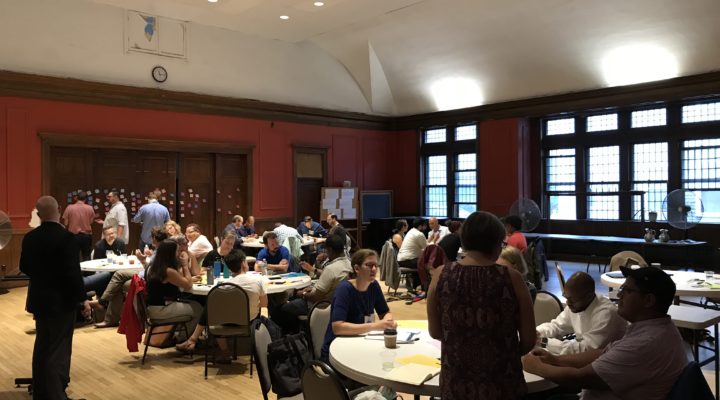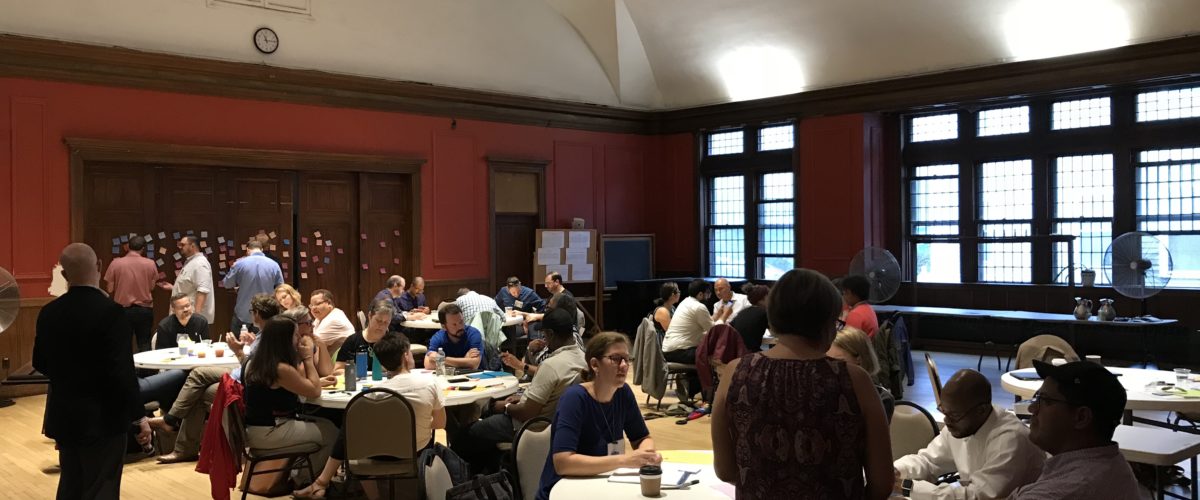Close to 40 Baptist ministers gathered in Boston Sept. 17-20 for Baptist News Global’s second Conversations that Matter event.
Centered in church venues on and around Harvard University, the gathering this year was themed “Pastoral Leadership in a Polarized and Politicized America.” It brought together progressive and moderate Baptist pastors from around the geographic, gender, racial and sexual identity spectrum for conversations designed to encourage, enlighten and inspire in challenging times.
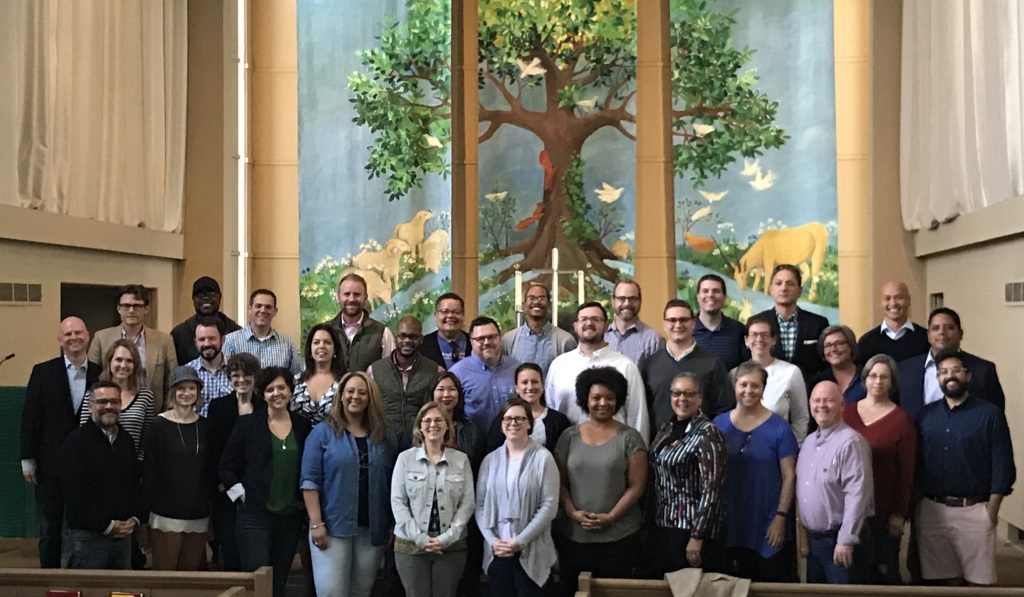
Ryon Price, Jonathan Brooks, Brent Bowden, Andrew Daugherty, Michelle Nickens, Timothy Peoples, Erin Conaway, Jonathan Davis, Justin Joplin, Andy Jung, Nathan Kirkpatrick, Christy Foldenauer, Garin Hill, Elizabeth Mangham Lott, Corrie Shull, Chris Aho, Matt Johnson, Alex Gallimore, Erica Van Brakle, Mandy England Cole, Julio Hernandez, Mitch Randall, Anne Scalfaro, Molly Brummet Wudel, Erica Whitaker, LaTonya Penny, Jennifer Ikoma-Motzko, Mary Apicella, Kanisha Billingsley, Zina Jacque, Dorisanne Cooper, David Wilkinson, Ashlee Weist-Laird, Brent Newberry, Natalie Aho, Stephanie Swanson (not pictured Kyndall Rothaus)
The early- to mid-career pastors also participated in daily worship and a group walk of the historic Black Heritage Trail. They broke into mentor groups to discuss challenges in providing pastoral leadership in a highly divided and politicized nation.
The gathering was funded in part by a grant underwritten by the Eula Mae & John Baugh Foundation. Administrative leadership was provided by BNG’s David Wilkinson, executive director and publisher, and Natalie Aho, interactive communications specialist.
“The cohort gathered this week is richly diverse, reflecting one of the core commitments of BNG, the Baugh Foundation and the advisory team in planning this event,” Wilkinson said. “We believe embracing and honoring diversity enriches the conversation.”
Participants praised organizers for synthesizing the academic and intellectual with the practical and relational for ministers serving in the trenches of pastoral ministry.
One of them was Zina Jacque, the pastor at Community Church in Barrington, Illinois, and one of the event mentors.
“The organization was wonderful. The range of ideas and backgrounds of the participants, stimulating. The location, filled with opportunities to learn. The small groups perfect for conversation. The take away, the church is in good hands.”
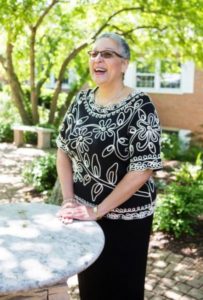
Zina Jacque
Much of that was accomplished through the program’s use of mentor groups, which was a crucial component for many of the participants.
“The most powerful aspect was the opportunity to go deeper in relationship in small groups with pastors from similar geographic areas,” said participant Jonathan Brooks, the pastor of Canaan Community Church in south side Chicago’s Englewood neighborhood.
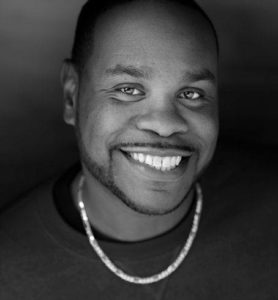
Jonathan Brooks
“To be able to discuss self-care, practical ministry, preaching and liturgy tips as well as just know you have like-minded pastors near you to call on was a true gift,” he said.
The arrangement forced participants to transcend their backgrounds and situations, said Timothy Peoples, the senior minister at Emerywood Baptist Church in High Point, North Carolina.
“How do we best have these conversations? It means we as pastors have to come honest and vulnerable to have these drastic discussions with each other and with our congregation,” Peoples said.
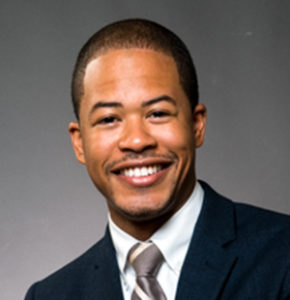
Timothy Peoples
Discussions were wide ranging in the mentor groups, worship and other settings. Topics included the church during slavery, LGBTQ inclusion in the church, economic disparity, immigration reform and how churches can become sanctuary congregations.
Nathan Kirkpatrick, the assistant rector at the Episcopal Church of the Advocate in Chapel Hill, North Carolina, and managing director of Alban at Duke Divinity School in Durham, served as the event facilitator.
Mentors – known as chaplains or midwives during the event – participated in discussions but also were tasked with lending their additional ministerial, pastoral and life experiences to the discussions.
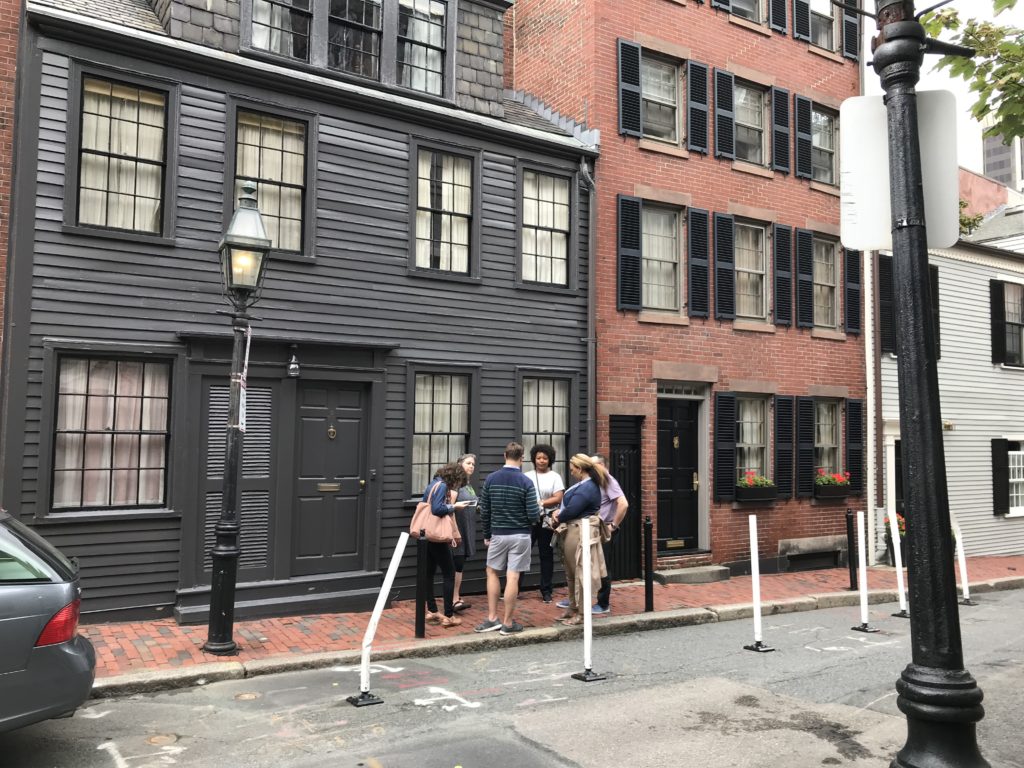
Participants walked the Black Heritage Trail, a walking tour that explores the history of Boston’s 19th century African American community
Along with Jacque, the mentors were: Dorisanne Cooper, the senior minister at Watts Street Baptist Church; Michelle Nickens, the pastor at Washington Plaza Baptist Church in Reston, Virginia; Mitch Randall, executive director of the Baptist Center for Ethics; and Ashlee Wiest-Laird, the pastor at First Baptist Church Jamaica Plains, Massachusetts.
Sessions were held at a number of locations, including Memorial Church at Harvard, First Church of Cambridge, Western Avenue Baptist Church, African Meeting House and University Lutheran.
The invitation-only event was attended by 34 participants nominated by a network of BNG supporters representing a diverse range of Baptist organizations.
BNG was committed to diversity in church size, education, personal experience, gender, race, sexual orientation and theology in selecting participants.
To be selected, nominees had to be current church pastors with five to 20 years of ministerial experience; identify as progressive or moderate Baptists; and be capable of engaging in the discussion and collaborative process.
Those conversations covered how pastors lead congregations through difficult issues, the difference between prophetic preaching and pastoral leadership, how to inspire Gospel-driven action, activism and advocacy and how to lead effective disruptive change, among others.
The way local congregations “led from a moral compass” on issues of racial equality, class consciousness, LGBTQ inclusion and immigration also were examined.
Chaplains heard the discussions from both the vantage point of participant and observer. Randall said the conversations and personalities left him hopeful.
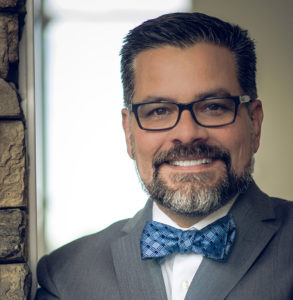
Mitch Randall
“These pastors are beautifully authentic, passionately courageous and organically creative,” he wrote afterward for EthicsDaily.com. “Not only do they see the world with honest eyes, but also as it can be.”
The darkening outlook of the current age is tempered by the light of the next generation represented by these pastors, he said.
“While many worry about the future of the Baptist witness, I am convinced the light I have basked in this week shines toward a bright future,” Randall said. “The next generation is forging a new path forward – a path that proclaims and advocates for an inclusive gospel that transforms individuals and communities.”
It is the hope in that transformation that inspired the Baugh Foundation to support the BNG event, said Jackie Moore, vice president of the foundation and an advisory team member for the gathering.
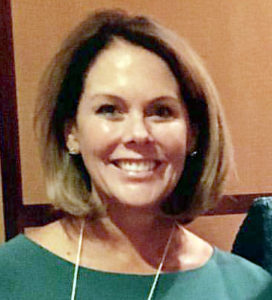
Jackie Moore
“As leaders in our beloved Baptist movement, you might be the ones who need to ask difficult questions and lead us to learn how to challenge the status quo, to sometimes look or live into uncomfortable moments in order to understand how an issue might affect the local body and the wider church community,” Moore said.
Brooks said the event provided him and others with the tools needed to lead those conversations in their own settings.
“I was able to learn so much from pastors whose congregational makeups are extremely different from mine and to hear how they are processing and approaching difficult conversations,” Brooks said. “These opportunities are rare in our current climate because it seems that no one wants to truly have conversation but only talk to prove their views are truth.”
While deeply meaningful, the conference also was difficult for some participants, including Andy Jung, the senior pastor at First Baptist Church in Albemarle, North Carolina.
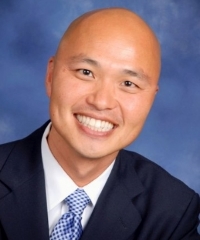
Andy Jung
“Honestly, I came away from the conference with mixed feelings,” Jung shared in a church bulletin article after the BNG event. “It was energizing to build relationships with some of the brightest minds in Baptist life. I learned a great deal from each person and I am proud them friends and colleagues.”
However, some of the lessons were hard to take, he added.
“On the other hand, I left the conference with a deep sense of grief due to a deeper understanding of the pain people experience in our world,” he said. “I witnessed the hurt and the agony of people who experienced racism, oppression and marginalization.”
But Jung’s assessment demonstrated that the gathering had met its goals.
“Essential topics such as sexual identity, racial reconciliation, immigration and economic disparity were discussed, argued, and challenged during the four days,” he said. “It was all done with respect and humility, just as we are charged to do in our local context.”

